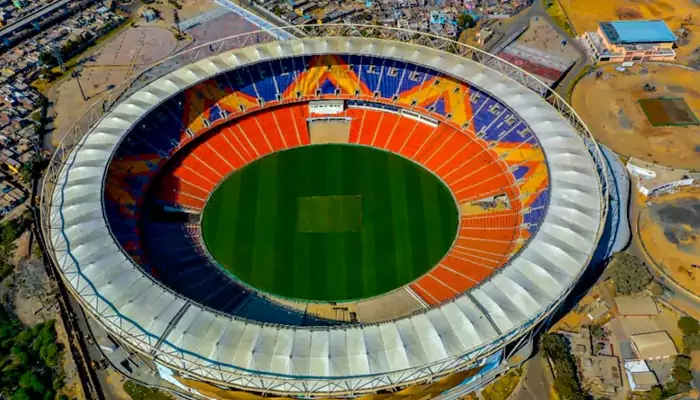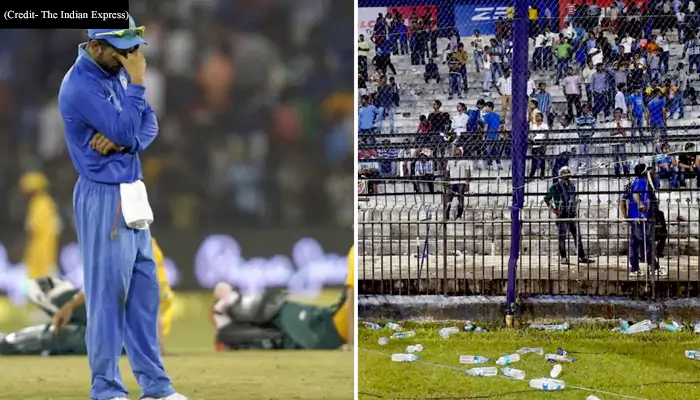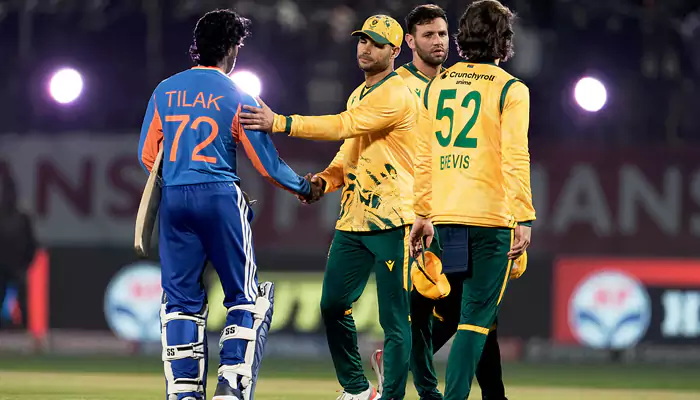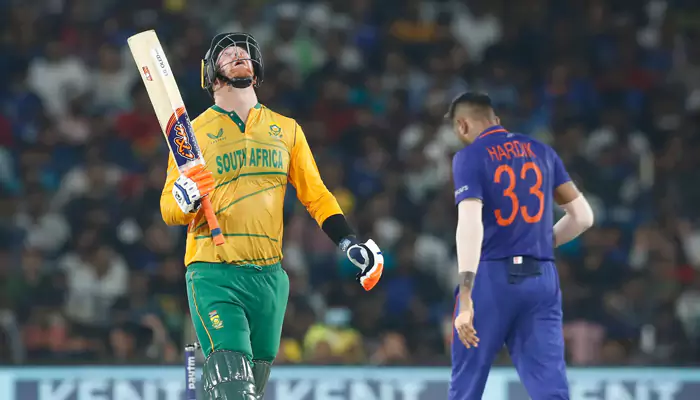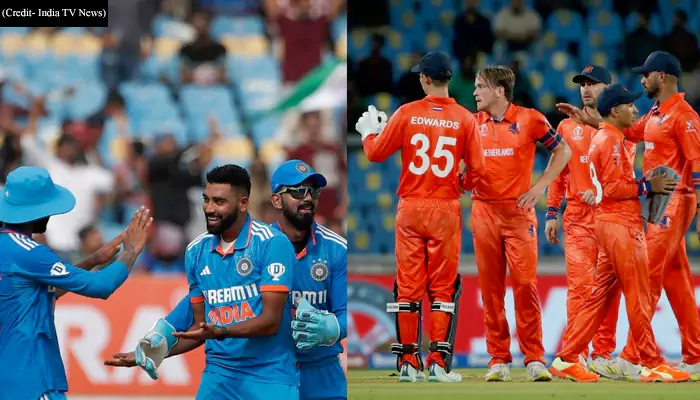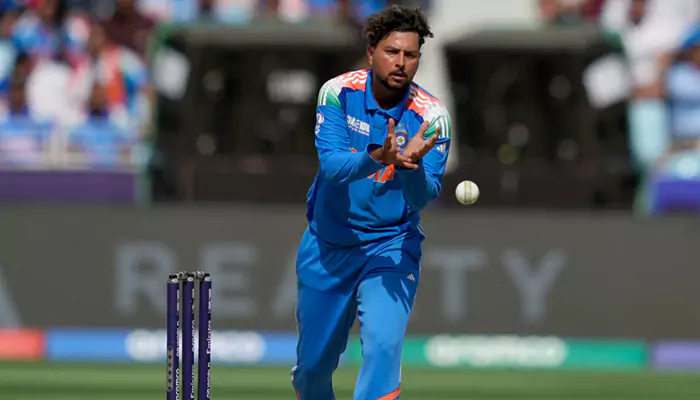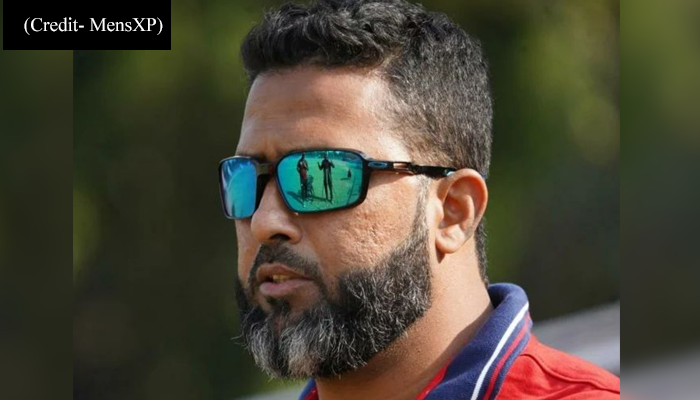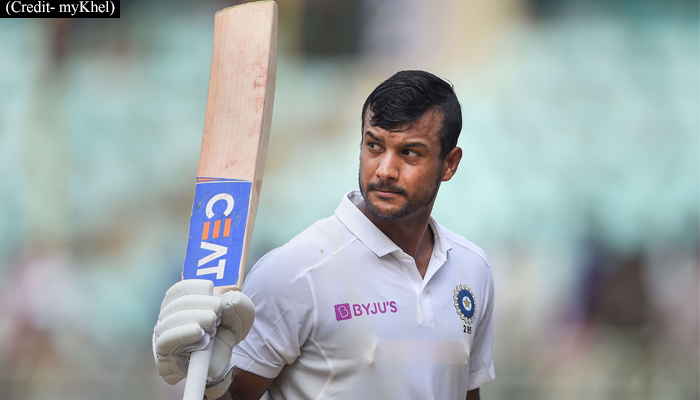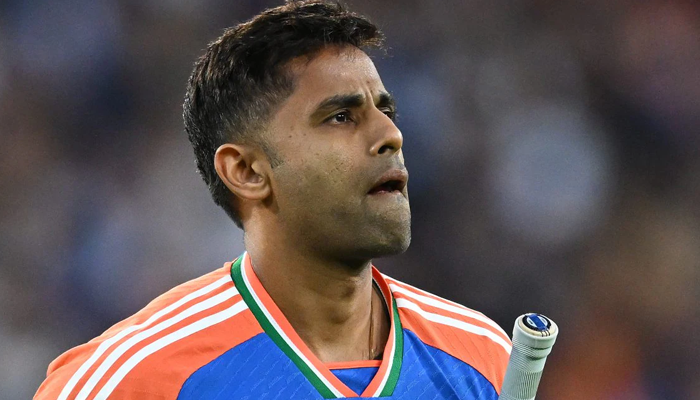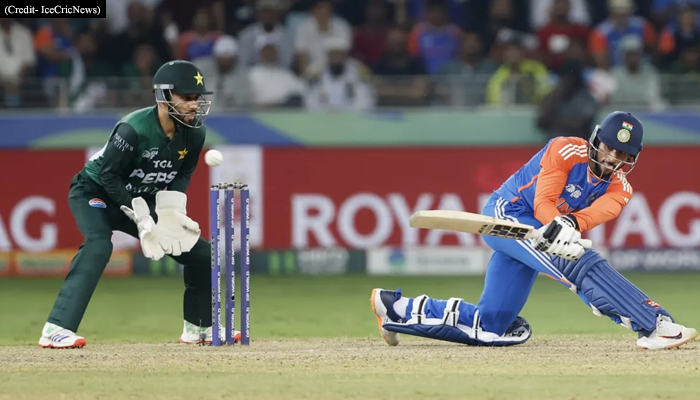
These teams weren’t supposed to make it to the finals!
In the NBA, not all Finals teams are dominant powerhouses. Some defied expectations, reaching the championship despite regular-season struggles or lacking star power. This exploration highlights five of the worst teams to make the Finals in the 21st century, examining their underdog journeys, playoff success, and standout performances that left a lasting mark on NBA history.
Cleveland Cavaliers (2006-07)
The 2006-07 Cleveland Cavaliers, led by LeBron James, defied odds by reaching the NBA Finals with a 50-32 record. Despite LeBron's incredible playoff run, averaging 25.1 points, 8.1 rebounds, and 8.0 assists, the team lacked a reliable secondary scorer, with no teammate averaging more than 12 points. This overreliance on James became evident in the Finals, where the San Antonio Spurs exposed their weaknesses, sweeping the series 4-0. Without another All-Star, the Cavaliers struggled to compete, marking them as one of the worst teams to reach the Finals, highlighting the challenges of a one-man carry in the postseason.
Philadelphia 76ers (2000-01)
The 2000-01 Philadelphia 76ers, led by MVP Allen Iverson, reached the NBA Finals with a 56-26 record. Iverson's extraordinary playoff performance, averaging 32.9 points, 6.1 assists, and 5.5 rebounds, propelled them through a tough series against the Pacers, Raptors, and Bucks. Despite their resilience, the 76ers struggled against the dominant Lakers, losing the Finals 4-1. Iverson's brilliance was unmatched, but his supporting cast failed to provide consistent help, highlighting the team's limitations. Though their journey captivated fans, they remain one of the less heralded Finals teams, emphasising the need for a well-rounded roster to secure a championship.
New Jersey Nets (2001-02)
The 2001-02 New Jersey Nets, led by Jason Kidd, reached the NBA Finals with a 52-30 record, overcoming the Pacers, Hornets, and Celtics in the playoffs. Kidd’s stellar playoff averages of 19.6 points, 9.1 assists, and 7.3 rebounds propelled them, but their limitations were exposed in the Finals against the dominant Lakers, who swept the series 4-0. The Nets lacked the depth to compete with a star-studded team, relying heavily on Kidd's brilliance. Despite their strong run, the Nets are regarded as one of the weaker Finals teams, underlining the need for a balanced roster to achieve championship success.
New Jersey Nets (2002-03)
The 2002-03 New Jersey Nets, led by Jason Kidd, finished the regular season with a 49-33 record and secured the second seed in the Eastern Conference. They showed resilience in the playoffs, defeating the Bucks (4-2) and Celtics (4-3) before sweeping the Pistons (4-0) in the Conference Finals. Kidd averaged 23.8 points, 10.0 rebounds, and 6.3 assists per game during the Conference Finals. However, the Nets fell short in the NBA Finals, losing 4-2 to the San Antonio Spurs. Despite Kidd's stellar play, the team’s lack of depth and secondary scoring hindered their championship pursuit.
Orlando Magic (2008-09)
The 2008-09 Orlando Magic, led by Dwight Howard, finished the regular season with a 59-23 record and demonstrated their playoff strength by defeating the 76ers, Celtics, and Cavaliers, reaching the NBA Finals. Howard’s defensive dominance was crucial, but the Magic struggled offensively, relying heavily on his performance and three-point shooters Rashard Lewis and Hedo Turkoglu. In the Finals, their shooting efficiency declined, and they lacked consistent secondary scoring. The Los Angeles Lakers, led by Kobe Bryant and Pau Gasol, capitalised on these weaknesses, winning the series 4-1. The Magic’s offensive struggles and lack of depth were evident, exposing the gap between the two teams.
Cleveland Cavaliers (2017-18), Miami Heat (2022-23), Miami Heat (2019-20), Cleveland Cavaliers (2016-17), and Dallas Mavericks (2010-11) are also some weak teams that went to the NBA Finals!

